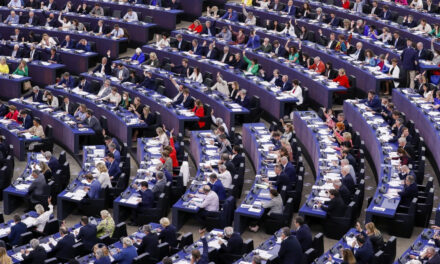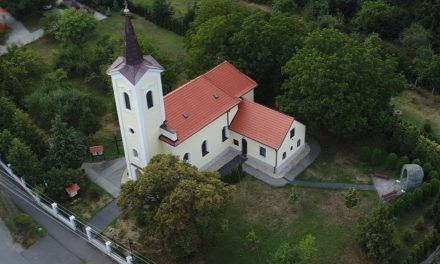We see France as one of the creators of modern democracy. If we leave aside the fact that tens of thousands were slaughtered for the abolition of the anceint régime, it was conceived as a crime. Attila Demkó's note published on social media can be read below
France acts with unprecedented rigor towards all minority languages

The 67 million inhabitants of France are officially part of the French nation without exception, regardless of what they think of themselves. There can only be one identity in the republic, the republican one. It is wrong to compare this to the concept of the Hungarian "political nation" after 1867, because the minority law of 1868 recognized nationalities and gave them educational and cultural rights, if not political rights at the group level - with the exception of Croatia.
In accordance with the concept of a secular republic, since 1872 it has been forbidden to collect religious and nationality data on individuals. However, this projection of the idea of the state is not primarily about religion, but about the denial of the existence of national minorities deemed more dangerous, wrapped in a good-sounding but discriminatory doctrine. The French Minister of Education (later Prime Minister) Jules Ferry established the modern French primary school ("l'école républicaine") in 1882, which could be exclusively in French. The use of other languages was not allowed even during breaks.
In 1918, the use of German was banned in the newly annexed Alsace, and between the two world wars they acted with unprecedented determination against all minority languages in Europe.
Today, 20 million citizens live in the former nationality areas, the majority of whom are believed to be descendants of Occitans, Dutch/Flemish, Bertonians, Corsicans and Germans. Today, from this huge
The largest is probably the Occitan language, followed by two German dialects, Alsatian and Moselfränkisch, then Breton, Corsican, Basque, Catalan, and Flemish, which was dominant near Dunkirk until the 1950s and is now practically extinct" (...)
"Today, in France, what is considered a linguistic minority according to the interpretation of the Parliamentary Assembly of the Council of Europe, is treated as a local language at most. All this despite the fact that in 1999 Paris signed the European Charter for Regional or Minority Languages adopted in Strasbourg on November 5, 1992. Implementation met with continued internal opposition, and ratification ultimately failed. In 2008, however, Occitan, Alsatian, Breton, Catalan, Flemish and Corsican were accepted as regional languages. Street signs in minority languages were removed in some areas, but these languages were given minimal space in education.
And this European "progress" is deeply uninterested.
Source: piros7.es
Cover image: Illustration / MTI/AP/Peter Dejong












